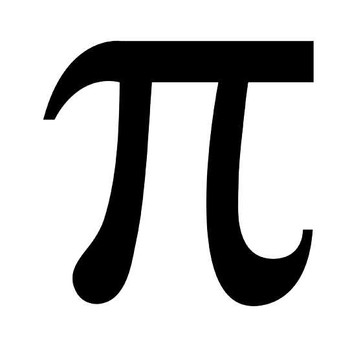Prove that #cosx >= 1-x^2/2 AA x in RR# ?
2 Answers
Please verify my solution below. Is there any other way or better explanation?
Explanation:
Let,
As we can see it repeats itself.
Now, for any value of
Therefore, we can say,
Consider the following function:
# f(x) = cos(x) - 1 + x^2/2 #
Then the assertion that
#cosx -1 + x^2/2 ge 0 iff f(x) ge 0#
When
So to prove that
# f'(x) = -sin(x) + x #
If we show
# f''(x) = -cos(x) + 1 #
Clearly as


